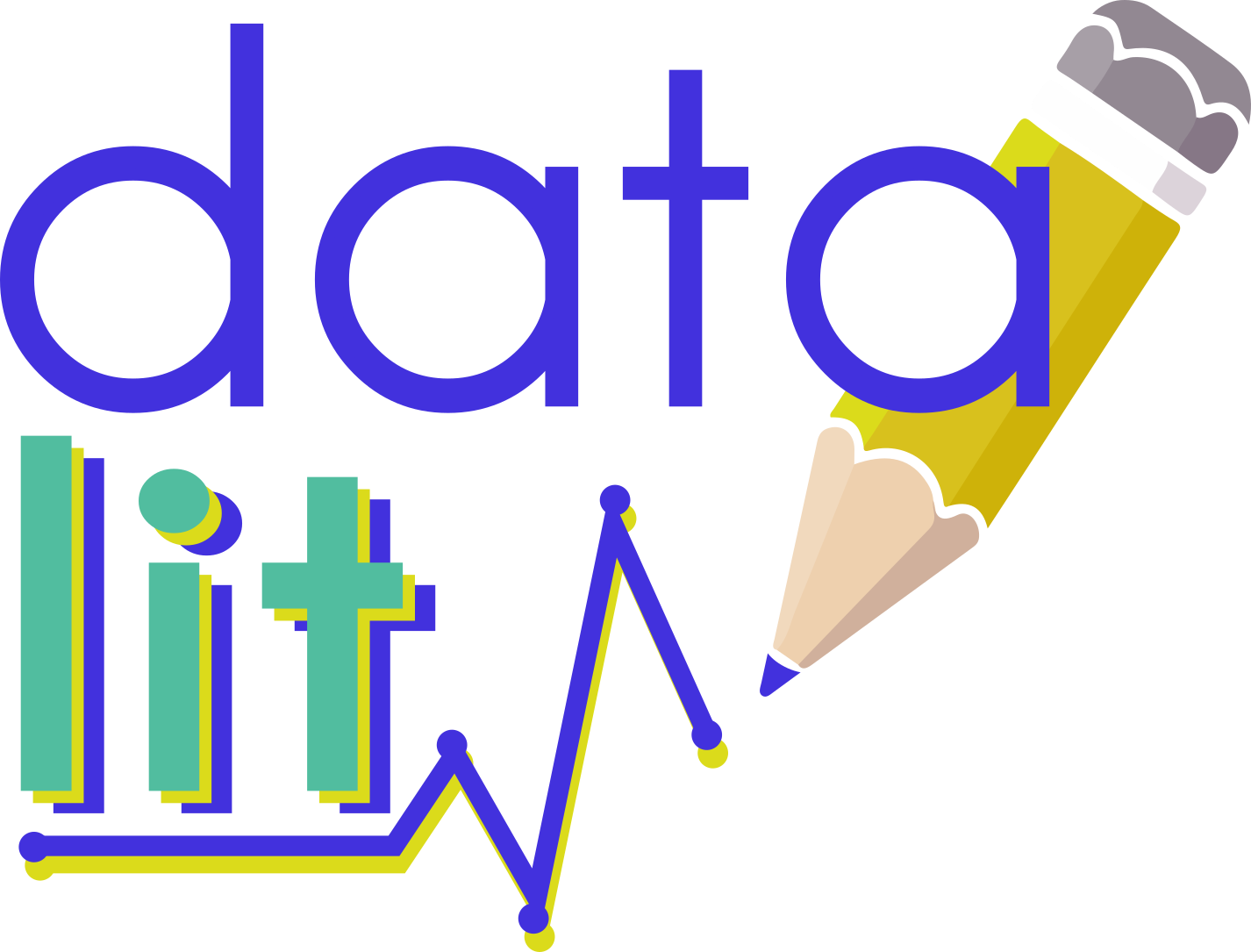Looking at the data courses offered by universities, the consortium identified critical limitations:
Fragmentation
Courses are fragmentary in time and space. The duration of a data science course ranges from one week to a semester or a 1-2-year master degree. They are organized as face to face lesson, or through web platforms.Inhomogeneity
The syllabus of these courses are very different. Even though, the data literacy profile is often connected to competences in data visualisation, statistics, machine learning, each course gives different weights to these macro topics. As a result, there is not a homogeneous competence profile for data literacyNot qualified
It does not exist a qualification system recognized at European level related to data literacy and data science profession.Inadequacy
The needs of job market have not been adequately analysed. It’s clear that there is still not a mature debate on this topic between academia and businessesThe overall objectives of the projects derive from the challenges and needs identified during the need
analysis, and are the following:


